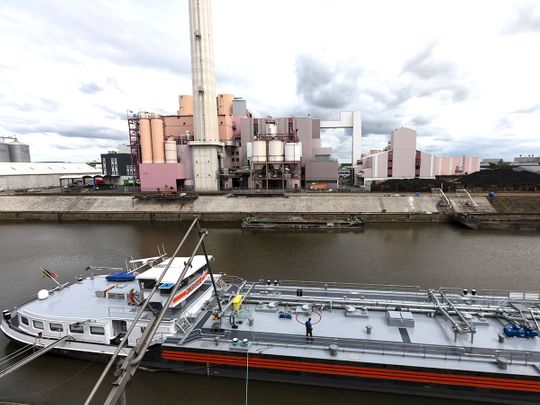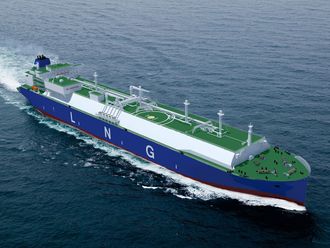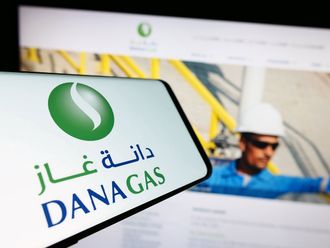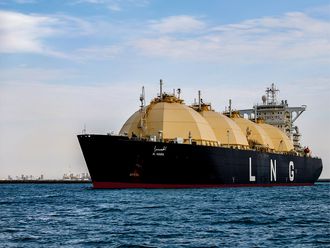
European Union governments have pledged more than 500 billion euros ($491 billion) to protect citizens and businesses from soaring energy costs over the past year, highlighting the enormous fiscal burden the bloc's leaders face as they jostle over how to pay for it.
That figure climbs to 710 billion euros when support for utilities via loans, bailouts and nationalisations are taken into account, according to the think tank Bruegel.
That's just 90 billion euros shy of the EU's landmark borrowing program to help the region recover from the two-year Covid pandemic.
The figures will add to concerns of a financial arms race as countries rush to protect their own citizens from soaring energy costs, exposing fiscal inequalities within the 27-member bloc. Germany makes up the bulk of support committed, according to Bruegel, with its 200 billion-euro package, of which just less than half has already been allocated.
"These numbers confirm what we all know - countries with larger fiscal spaces can provide more support to their families and businesses," said Simone Tagliapietra, co-author of the report. "This becomes a European problem, as different fiscal capacities might distort the level playing field with serious economic and political consequences."
Who picks up the tab for the myriad of domestic and bloc-wide measures is one of the key issues leaders are discussing at a summit in Brussels this week. While the bloc's fiscal hawks are against a repeat of the Covid recovery fund, some are willing to back the issuance of joint debt to disburse loans to prop up struggling economies.
Others like Italy, France and Portugal want to see the establishment of new EU tools to help share the economic burden across the bloc. More financial resources will be needed to boost the roll-out of renewables and the potential price cap on gas in electricity generation.
EU spending accounts for about 3% of the bloc's GDP, with Germany spending the third most on a proportional basis after Croatia and Malta, according to Bruegel. Sweden has spent the least as a proportion of the economy, at around 0.3%.
The UK has earmarked and allocated around 91 billion euros (79 billion pounds) following the government's reduction of its energy price freeze to six months from two years, Bruegel said.












